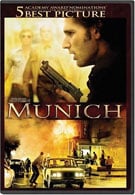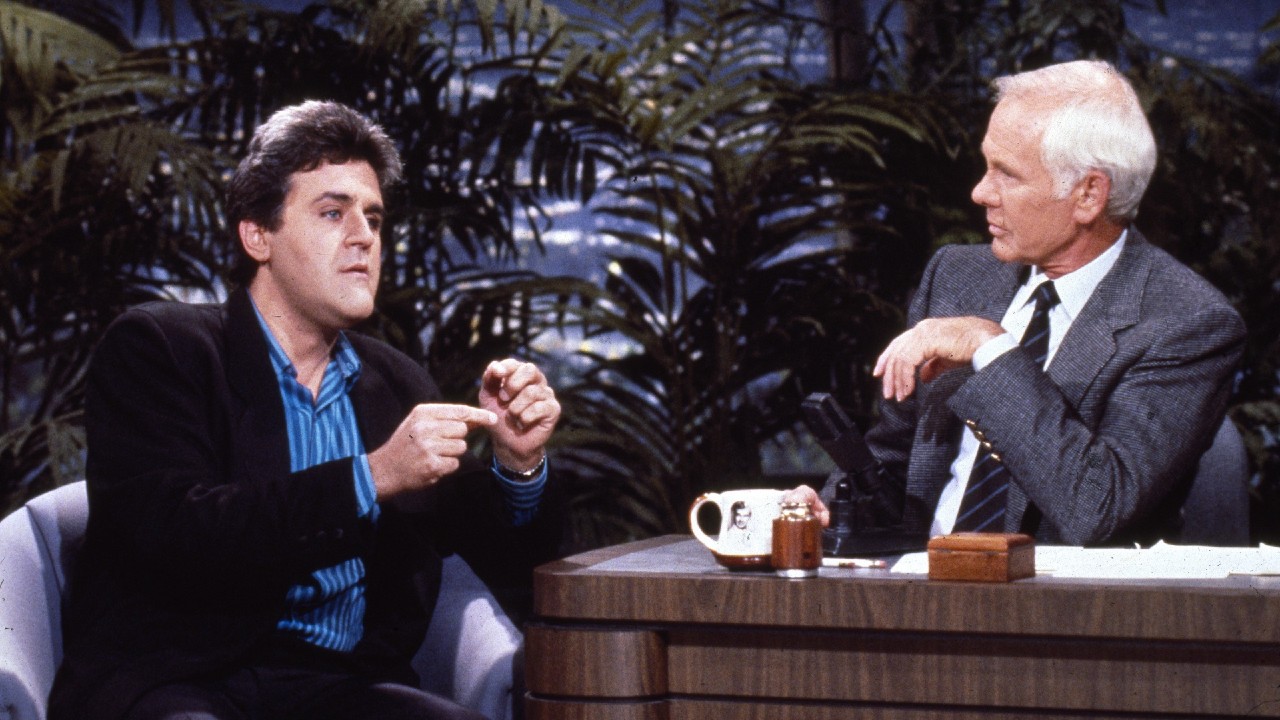There are many who might think a movie that follows what could essentially be considered a terrorist action is inappropriate for the current “post 9/11” world, especially when the movie shows events from the terrorist point of view. I couldn’t disagree more. Terrorism has existed for longer then Americans have chosen to truly take notice of it. With Munich Steven Spielberg reminds us of one of the historical terrorist actions of the past, and shows just how the events of the past tie in to present day: a lesson that needs to be learned, not buried, just because 9/11 made us a little more sensitive to it. Munich stems from the 1972 Black September capture and eventual killing of Israeli athletes at the Olympics in Munich. Those events are shown in the first ten minutes, at which point the movie moves to its real depiction: the consequences of those killings. Eric Bana plays Avner, an Israeli soldier who gives up his career and his life, including pregnant wife, to undertake a mission of vengeance against those who orchestrated the attacks upon the Israeli athletes. Following Avner, Spielberg dramatizes the Israeli reaction to Black September’s terrorist action based on the information available, showing how Israel didn’t react much better than the terrorists who struck the first blow.
Bana is a brilliant choice for the lead role in Munich. He plays a character who is both confident and haunted by the decisions he is forced to make. When his country calls, he answers without question, but at the same time regrets having to leave his family behind. Despite his lack of doubt at the beginning, the movie shows Avner descend from a character who was accepting of what he needed to do to a character who sees death as a way of life. The distinction is subtle, but enormous in its difference, and Bana is probably at his career best in this role.
Contrasting Bana’s subtle performance are the members of his team, who help show the initial balance and eventual changes in Avner through their personalities. Daniel Craig plays the more trigger happy type of character with a passion that makes anyone whose seen this film a little more confident about Craig’s next assignment as James Bond. On the other end of the spectrum is Matheiu Kassovitz’s Robert, the bomb maker of the team, whose faith is shaken with each assassination. Ciarán Hinds plays the cool clean-up man Carl, who treats each job as just that: the business he happens to be involved in. Hanns Zischler fills out the team as a member of the team who accepts what they are doing as just part of life.
It would be easy to make a movie that passed blame or justified the actions of the terrorists within the film, but Spielberg chooses to go a different route and doesn’t attempt to rationalize whether what either side does is “right” or “wrong.” Instead, Munich shows a vicious cycle that is created as blood calls out for blood. Avner and his team strike out against the people who attacked Israel and eventually find themselves being hunted in response to their assassinations. Spielberg doesn’t judge terrorists, but instead shows that, as long as violent responses like this exist, the cycle of violence will continue. The only solution is for one side to stop responding with blood, although Spielberg doesn’t make any suggestions as to which side that should be. Munich continues Spielberg’s trend of lackluster DVD editions. As brilliant as his commentary on the terrorist situation is, Spielberg chooses to speak through his films, not about them. Don’t expect to hear any words from the big guy himself on the matter here. For that matter, depending on which version you get, don’t expect to hear much of anything else either.
The single disc version of Munich appears to be the primary release for the film. Attempts to find the two-disc Collector’s Edition in stores in my area were unsuccessful, which means either stores didn’t get them or sold out quickly, probably the result of few copies being sent out. The two disc edition contains featurettes that look at the history of the events in the movie and several behind-the-scenes looks at the movie, including one that piqued my interest: a featurette on the music. John Williams cranked out the movie’s score in a record amount of time, but the music is still an incredibly powerful part of the movie. I’d love to have heard more on the subject, but it wasn’t meant to be for me at least.
Instead the single disc version is what I was able to get my hands on. The disc includes a five minute introduction to the film by Spielberg where he attempts to remove any sort of blame from being pointed his direction. He points out the facts of the movie and admits that, other than those facts, the film is fictional. He also announces the film was not an attempt to denounce the actions of the Palestinians or the Israelis. Sadly, that five minute intro is the only extra on the single disc edition.
Munich is another brilliant success in Spielberg’s library of movies. It would be nice to hear the big guy speak out on his movies eventually though. Munich isn’t like Schindler’s List, where a commentary track or bonus materials might feel inappropriate. Particularly since it is a mix of fact, fiction, and speculation, it would have been nice to hear some of the thought process behind it.
Your Daily Blend of Entertainment News

